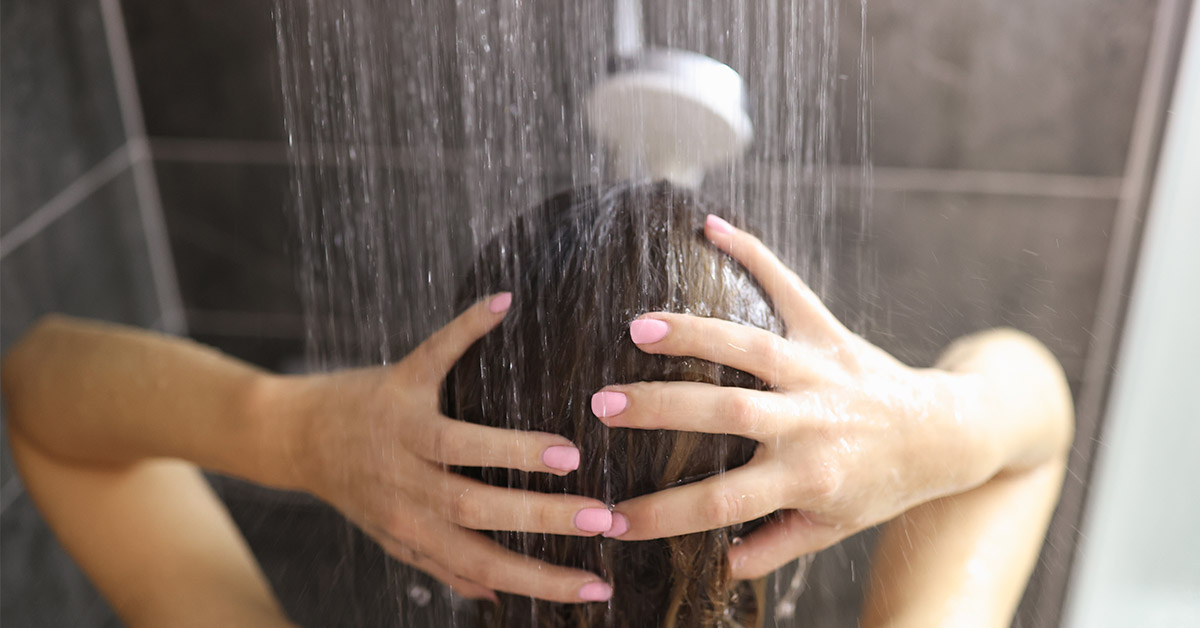In a culture where the daily shower has been regarded as a hallmark of cleanliness, recent discussions among experts have called into question its necessity for overall health. Dubbed “perfume-ative hygiene,” this emerging perspective challenges the societal norms surrounding daily bathing practices. It invites individuals to reconsider their bathing routines.
The Social Shower Phenomenon
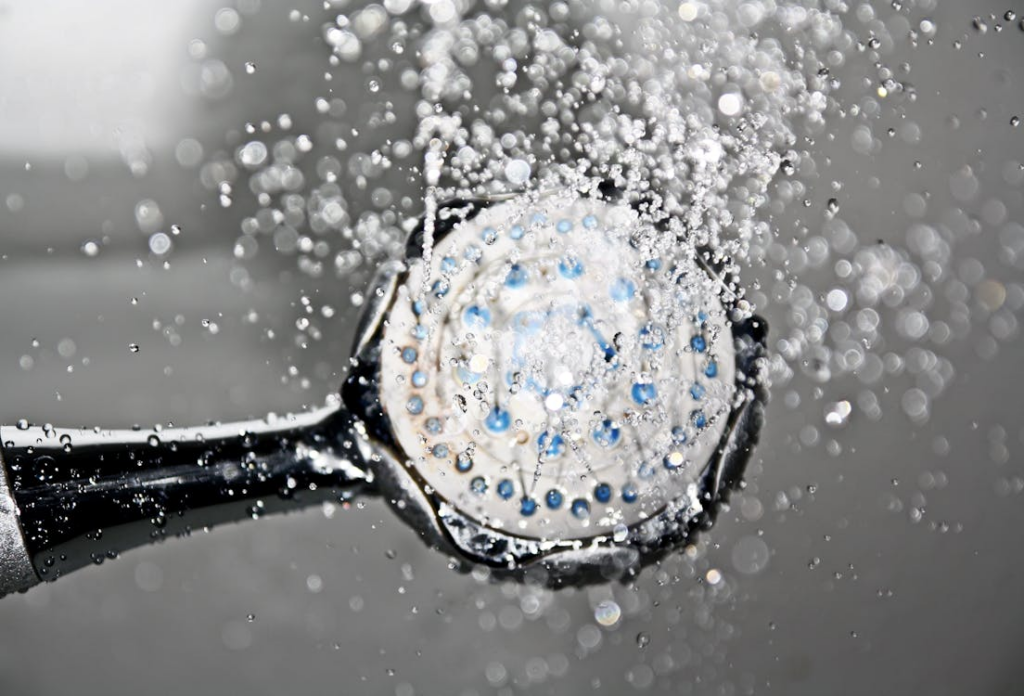
Environmentalists and medical professionals are questioning the rationale behind daily showers and suggesting that the practice may stem more from societal pressures than genuine health benefits. Donnachadh McCarthy, environmentalist and author, has drawn attention to the environmental impact of excessive bathing, citing personal experiences with indigenous communities in the Amazon as inspiration for his monthly bathing routine. “Why are we washing? Mostly because we’re afraid somebody else will tell us that we’re smelling,” environmentalist Donnachadh McCarthy said.
Read More: Why You Should Pee In The Shower
The Skin Microbiome: A Crucial Factor

Medical experts warn against the potential harm caused by daily showers, emphasizing the importance of the skin’s microbiome in maintaining overall health. Dermatologists caution that frequent bathing can disrupt this delicate balance, leaving the skin vulnerable to various issues. Chemist David Whitlock’s unconventional approach, abstaining from showering for years and relying on beneficial bacteria to neutralize odors, underscores the complexity of the skin’s ecosystem. “Tell anyone who mocks you that they are betraying profound ignorance of the skin microbiome, and then walk away.” He said.
The Rise of Daily Showers: A Historical Perspective
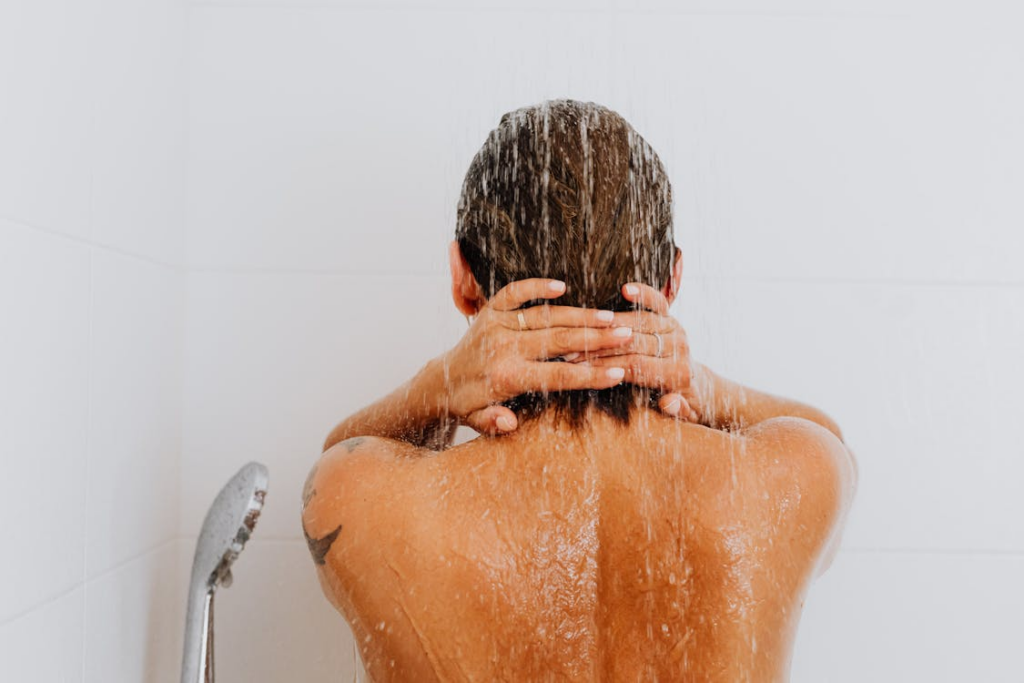
Despite these concerns, statistics indicate a rise in daily showering habits across the globe. Historical analysis suggests that the prevalence of showers in modern homes has contributed to this trend, with societal expectations playing a significant role in shaping bathing behaviors. Sociologists and historians attribute the normalization of daily showers to broader cultural shifts over the past century.
Challenging the Status Quo
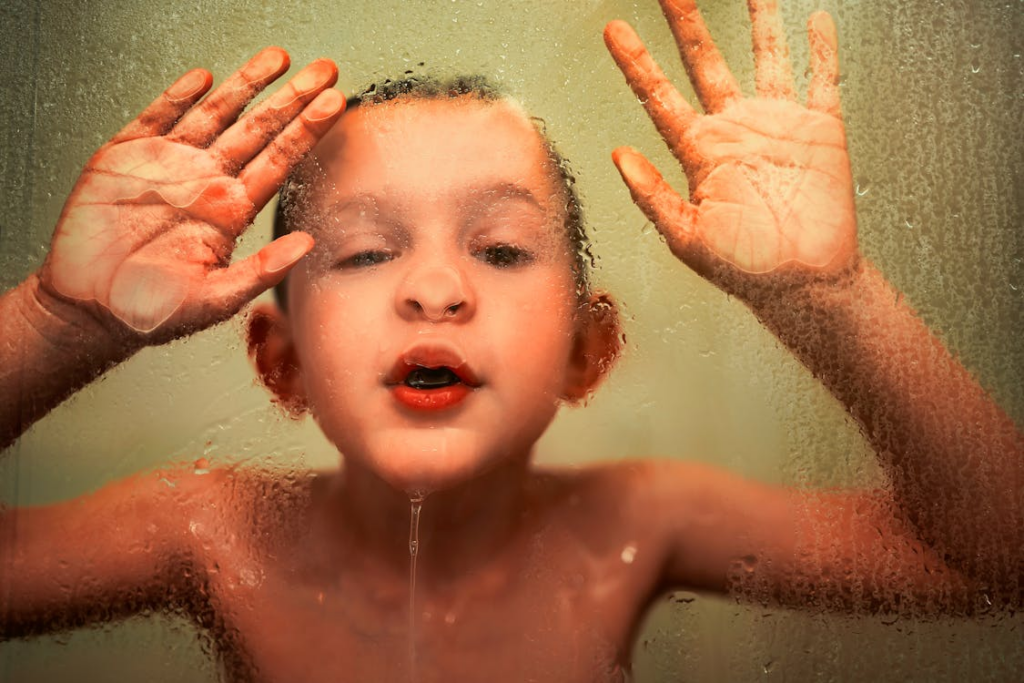
Amidst the prevailing norms, voices advocating for a more nuanced approach to hygiene are gaining traction. Experts emphasize the importance of individualized hygiene practices tailored to factors such as skin type, activity levels, and environmental considerations. Recommendations range from shorter, less frequent showers for those with dry or sensitive skin to targeted cleansing for areas prone to sweat accumulation.
Embracing Diversity in Hygiene Practices
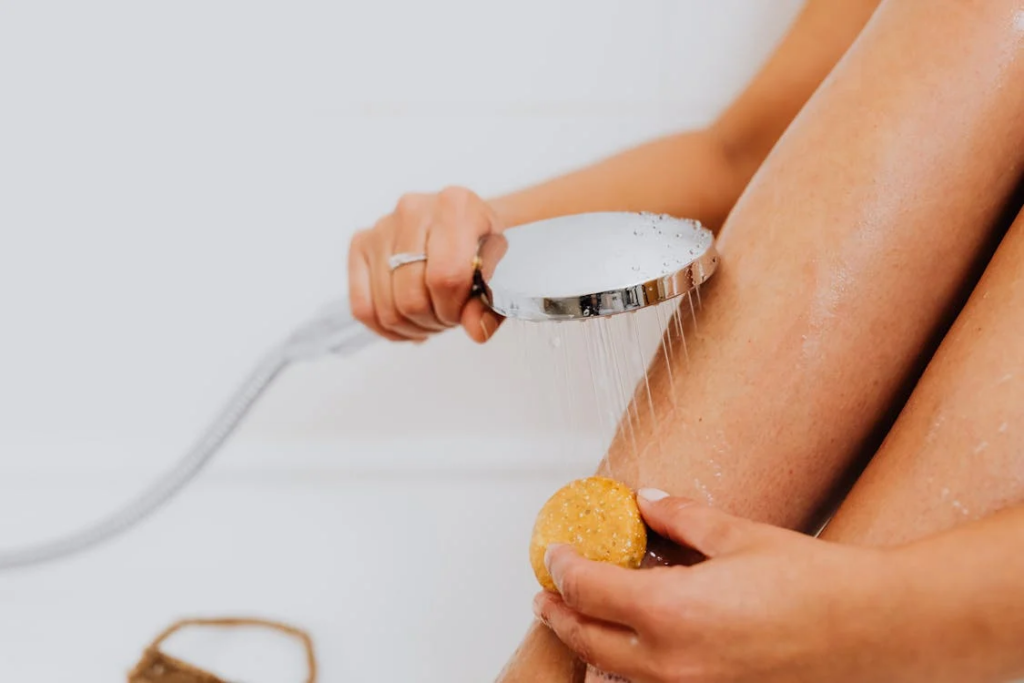
In the midst of ongoing debates, one thing remains clear: there is no one-size-fits-all approach to personal hygiene. Rather than blindly adhering to societal expectations, individuals are encouraged to evaluate their own needs and preferences regarding cleanliness. By embracing diversity in hygiene practices, we can foster a more holistic understanding of health and well-being.
Read More: ‘Stop Now’: Dermatologist Warns of Mistake You’re Making in the Shower
The Impact of Inadequate Showering on Skin Health

While there’s a growing acknowledgment of the potential downsides of excessive showering, it’s important to recognize that insufficient showering can also adversely affect skin health. Sweating, a natural bodily function, serves as a mechanism for regulating body temperature and eliminating toxins. However, when sweat combines with bacteria present on the skin’s surface, it can lead to unpleasant body odor.
Body Odor and Hygiene
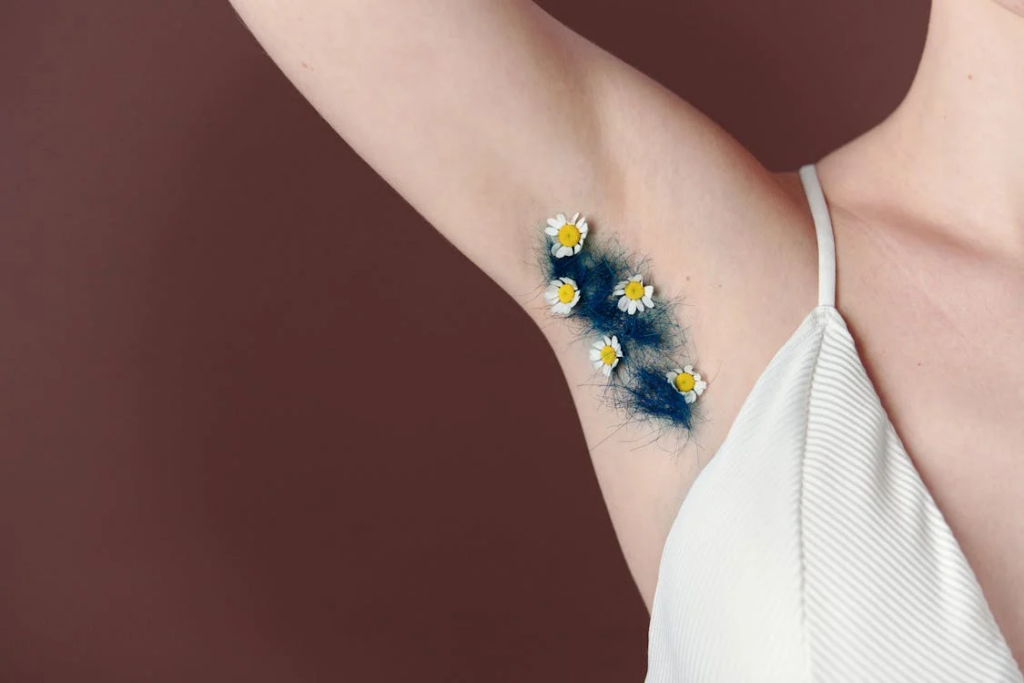
Occasional skipped showers may not immediately result in noticeable body odor, especially in the absence of vigorous physical activity. Nevertheless, prolonged intervals between showers can contribute to the accumulation of bacteria and sweat, particularly in areas such as the armpits and groin, ultimately leading to body odor.
Buildup of Impurities
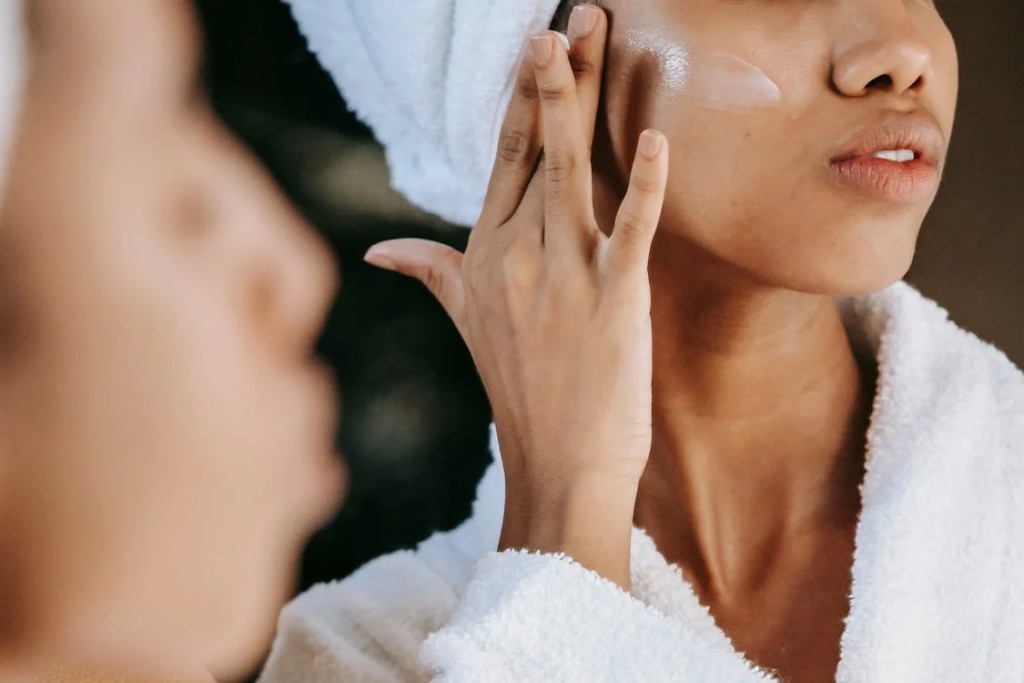
Beyond the issue of body odor, inadequate hygiene practices can result in the buildup of dead skin cells, dirt, and sweat on the skin’s surface. This accumulation not only fosters an environment conducive to acne but may also exacerbate existing skin conditions like psoriasis, dermatitis, and eczema.
Read More: Here’s Why We Should Ditch Throwing New Moms Baby Showers For Postpartum Parties
Disruption of Skin Microbiome

Maintaining a healthy balance of bacteria on the skin is essential for its overall well-being. Insufficient bathing can disrupt this delicate balance, allowing harmful bacteria to proliferate and potentially leading to skin infections. Dermatitis neglecta, a condition characterized by the development of patches of plaque on the skin due to inadequate cleansing, serves as a stark reminder of the consequences of neglecting proper hygiene practices.
Hyperpigmentation and Skin Issues

Moreover, inadequate bathing can contribute to the accumulation of dead skin cells, leading to hyperpigmentation and uneven skin tone. Resuming regular hygiene habits can help address this issue by effectively removing dead skin cells and restoring the skin’s natural radiance.
Striking a Balance
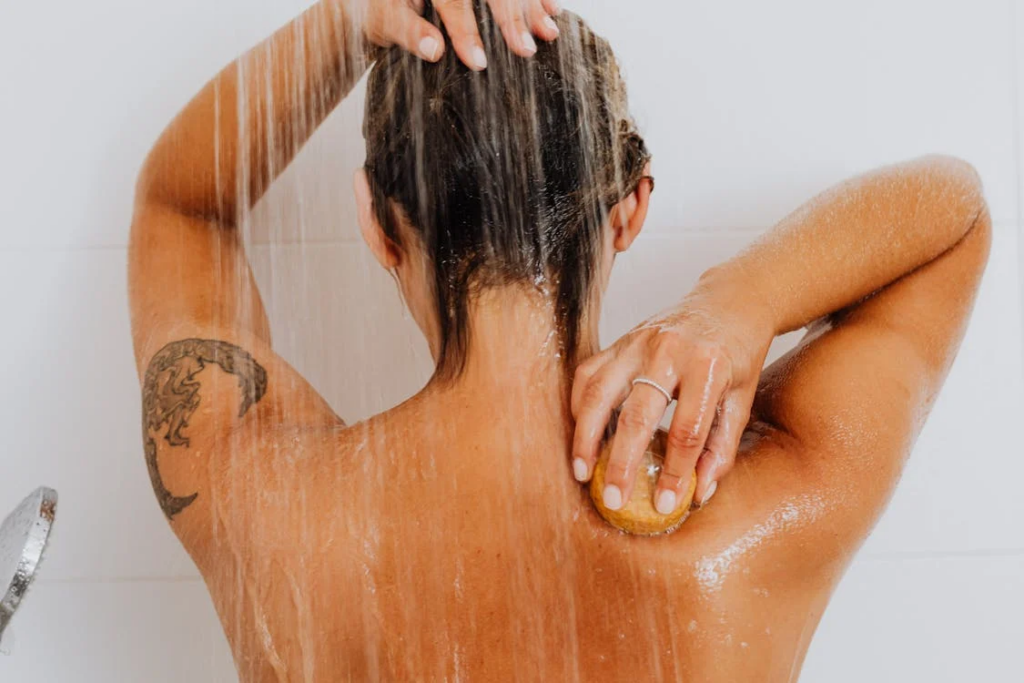
“Perfume-ative hygiene” challenges conventional notions of cleanliness, prompting a reevaluation of daily bathing practices. As we navigate this evolving discourse, it’s essential to prioritize both personal preferences and scientific insights in our approach to hygiene. By striking a balance between societal norms and individual needs, we can cultivate a healthier relationship with cleanliness. And thus promote greater well-being for ourselves and the planet.
Read More: Why Washing Dishes or Showering During a Thunderstorm Can Be Extremely Dangerous
Sources
- “Showering daily — is it necessary?” Harvard Health
- “Daily showers are purely ‘performative’ and have no real health benefit, experts insist” NY Post. Ben Cost. April 25, 2024.
